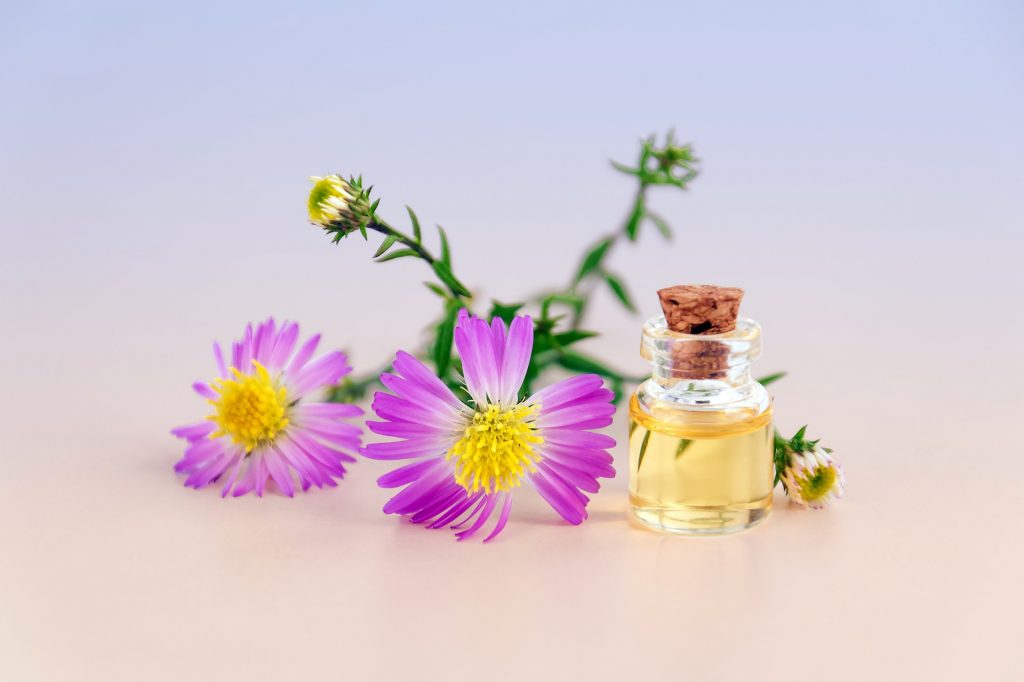Natural and synthetic fragrances differ in their manufacturing processes. Organic perfumes are often derived from plants and trees with natural scents such as sandalwood and lilac. They comprise three elements: plant/essential oils, natural alcohol (from sugar cane, grapes, or corn), and water. The oils may be extracted from leaves, bark, roots, fruits, flowers, seeds, or sap through cold pressing or steam distillation.
As opposed to mainstream perfumes, organic fragrances are produced on a small scale; hence the process is more meticulous. The end product has more depth, complexity, and individuality- the reason they come at a higher price than their counterparts. It also means they are hard to replicate through chemical formulas.
Artificial fragrances, on the other side, are manufactured in the lab and have nothing to do with what Mother Nature has to offer. They fall into three categories, namely:
Full synthetics: are entirely created from petroleum products.
Semi-synthetics: have been modified through artificial methods.
Natural isolates: fragrances that are developed by isolation of one aroma from a complex base of scents, e.g., red rose
Nowadays, the term ‘organic’ seems a little ambiguous as it is used in almost all beauty and food companies looking to attract people. Greenwashing is quite rampant, so you must be careful not to fall for the marketing hype. True organic perfume samples are known to give fresh scents free of harmful chemicals. Plant-based products featuring essential oils can be beneficial to your skin, but how they are processed matters a lot. You must understand the risks involved before purchasing directly from essential oil brands. Some perfumes labeled natural may be synthesized with petrochemicals that may get into the skin or your respiratory system.
A lot of products you’re probably using today contain some chemical compounds. Remember that the skin is your biggest organ and is prone to numerous contaminants. The problem with some chemicals is that they get absorbed into the bloodstream. Always beware of what you apply topically and ensure it isn’t causing harm.
The aromatic formula found in synthetic perfumes is usually a secret by manufacturing companies. They may not reveal the exact chemicals responsible for the fragrance. Unless it is labeled 100% organic, assume the bottle contains chemicals. Petroleum-based concoctions like phthalates and parabens come with a heap of harmful effects. For a fragrance to be classified as natural, it requires at least 80% of its components to be certified organic ingredients.
For the sake of your health and the environment, choose an organic perfume samples. Enjoy the beauty of alluring scents without having to endure the negative impact of synthetic ingredients. Remember that natural extracts support ethical production of materials and organic farming.













